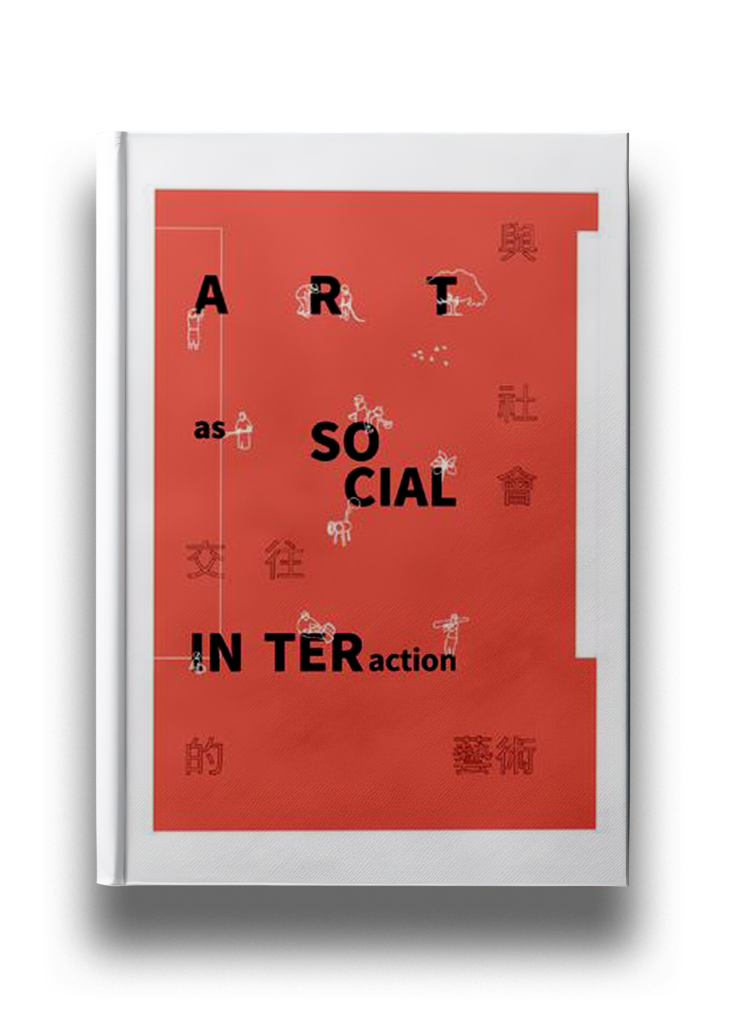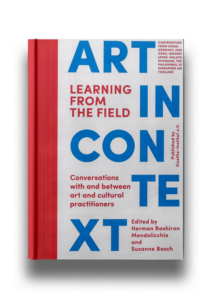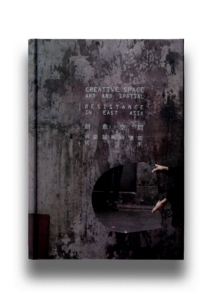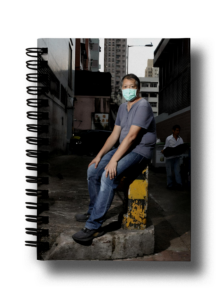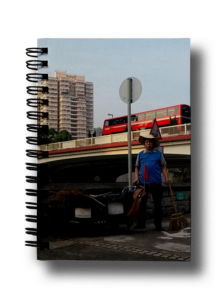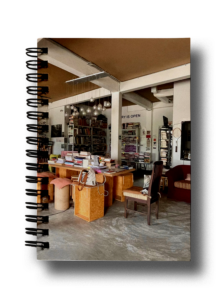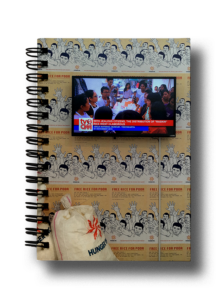Year
2015
Publisher
台北:中華民國視覺藝術協 會- AVAT
Author
Mali Wu
Annotation
This publication is the catalogue of the Art as Social Interaction – Hong Kong/Taiwan Exchange exhibition that was shown in Hong Kong and Kaohsiung, Taiwan in 2014. The exhibition featured the works of thirty artists and artist collectives from Taiwan and Hong Kong, which explored new ways of connecting art, society and the public in East Asian contexts. In contrast to an earlier emphasis on ‘intervention’ or ‘participation’, the term ‘social interaction’ aims to avoid the binary between art and society by highlighting their interactive relationship. The exhibition was divided into several sections that focused on the different approaches and functions of art in society: art as social movement, art as education, art as companionship, art as ecology, art as cultural preservation, art as social design and art as residency in community and space.
LU Pei-Yi
Hong Kong may have only started to focus on the relationship between art and society in the last few years, but in Taiwan this approach has been in play for twenty years. Its development follows three coexisting routes: the first is community organizing, aiming to improve public space through the artist’s creative vision. Another route is the contemporary conceptual art action interacting with society, showing pieces of previously unseen reality. A third route comes out of social activism...
